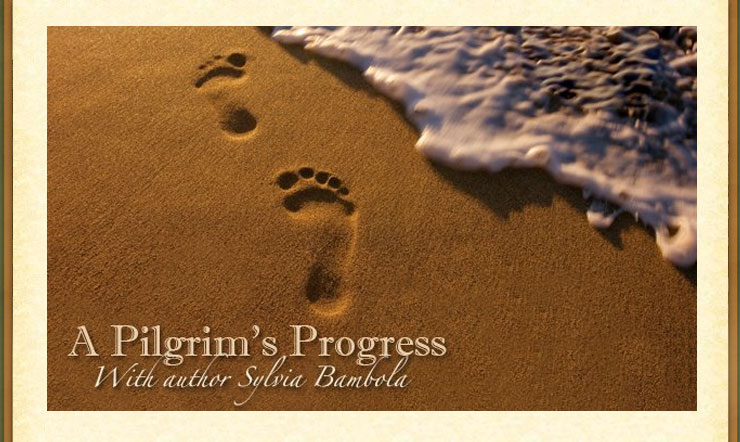Four Gardens
Monday, 30 April 2012 11:18:00We all know the story of the Garden of Eden, the garden of disobedience where Adam and Eve violated God’s authority by wanting to become “as gods”. It took another garden, the Garden of Gethsemane, the garden of submission, and what followed, to correct the damage. It is the place where Jesus, on that fateful night, sweated blood and surrendered His will to that of the Father’s. “Not my will but thy will be done.” It is important to understand that without this surrender there would have been no crucifixion.
Sadly, we Christians can spend too much of our lives living between these two gardens—vacillating between disobedience and submission. And what we find is that the garden of disobedience brings us no joy, while the garden of submission can often be a difficult and gut wrenching experience for this garden always leads to the third garden, the garden of death—death to self. John 19:41 tells us that “in the place he (Jesus) was crucified there was a garden; and in the garden a new sepulcher, wherein was never man laid.” It was the place they buried Jesus after His submission in Gethsemane and subsequent trip to Golgotha.
It’s interesting to note that when Mary Magdalene saw Jesus for the first time as He stood near the empty tomb, John 20:15 tells us she thought He was the gardener. And in a very real sense He was and still is. Words in the Bible are never wasted and often convey double meanings. Descriptions, too, are often types and shadows. In that context, Jesus is a gardener, planting and preparing His heavenly garden. Isaiah 61:1-3 is a prophecy of Jesus ministry and what He will accomplish. It’s this very scripture or part of it (Isaiah 61:1-2a) that Jesus read in the synagogue, declaring Himself the Messiah. But verse three tells us that His ministry was also to include making us “trees of righteousness, the planting of the Lord.” I image that is why in Mark 8:24 when Jesus healed the blind man, this man saw with his spiritual eyes first before seeing with his physical eyes, and what he saw was “men as trees, walking”; and I imagine that’s why God takes such care in pruning us; why He does it so diligently and so often for it will lead us to the fourth garden.
The Song of Solomon—depicting, in types and shadows, Jesus as the bridegroom and the church as His bride—describes this garden very well. In chapter 4 verse 12 it calls the believer “a garden enclosed (it’s private and for His pleasure) is my sister, my spouse; a spring shut up, a fountain sealed.” It goes on in verse 13-16 to lavish praise on this garden talking about its pleasant fruits and sweet smelling spices. It is the garden we all hope to be planted in one day. It is the place where our beloved Jesus will come and enjoy his fruits (verse16) for we are all His workmanship, the product of His labors.
So, as we go through the hard trials of life, let us remember what God is trying to do. He’s trying to make something wonderful of us—a beautiful planting in His very own garden.
Until next week,
Sylvia




